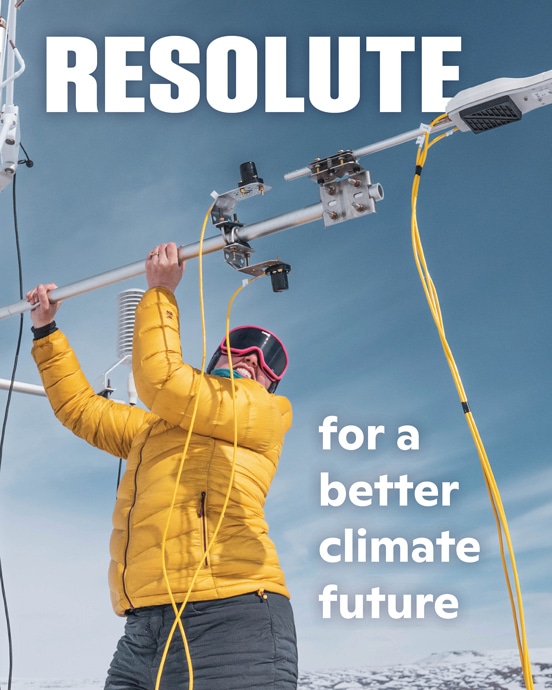Climate change intersects with global security in multiple ways, including threatening infrastructure and exacerbating existing societal stressors and regional instabilities.
While climate change has been identified by policymakers as a critical national security issue, granular climate impacts are rarely included in security strategy. In 2020, Woodwell Climate’s Government Relations and Risk teams began to address this gap through a series of case studies that combined cutting edge climate risk assessments and security analysis.
Our Work and Impact
We quantify and map key climate risks that have the potential to aggravate existing instabilities and tensions in the future. Our team has also provided analysis of climate risk to military installations for Defense Department decision makers.
Our case studies focused on the China-India border region (storymap), the Arctic (storymap), and North Korea (storymap). Our team also produced storymaps (no case study) related to water security issues in Iran and Türkiye.
That work has developed into a broader climate security expertise and our experts continue to provide this analysis to senior policymakers in the U.S. Congress and at federal agencies.
If you would like to connect with us about this work, please contact External Affairs Manager Andrew Condia at acondia@woodwellclimate.org.
In addition to pioneering new technologies and leading breakthrough research on Arctic warming and weather patterns, Dr. Jennifer Francis is also an award-winning science communicator. Ever since her 2012 paper first introduced the concept that Arctic warming could alter the jet stream and yield more extreme weather events, Dr. Francis has been writing, speaking, and testifying to different audiences and organizations to underscore the gravity of Arctic warming and the societal risks of the climate crisis.
With articles published in Scientific American, The Old Farmers’ Almanac, Elridge’s Tide and Pilot Book, The Conversation, The Hill, and numerous other outlets, Dr. Francis’ conversations about climate and extreme weather have engaged a broad public audience. She has presented to various types of groups, from teachers associations to White House staffers, and contributed to videos and docuseries like Eli Kintisch’s After the Ice and Rainn Wilson’s An Idiot’s Guide to Climate Change. She was tapped to contribute to Greta Thunberg’s new book, The Climate Book, and appeared in various documentaries, including Earth Emergency. Dr. Francis’ focus on science communication extends to policymakers as well. She testified to the U.S. Senate Commerce Subcommittee on Security in 2020, the U.S. House of Representatives Committee on Science, Space, & Technology in 2019, and the Senate Committee on the Environment and Public Works in 2013.
Dr. Francis’ excellence in climate communications was recognized by the American Geophysical Union when she received the union’s Climate Science Communication Prize in 2020. She is frequently asked by major media outlets to provide expertise on various topics related to climate and extreme weather, and she takes every opportunity to apply her knowledge of weather and Arctic expertise in combination with her communications skills to stress the dire urgency of climate action.




